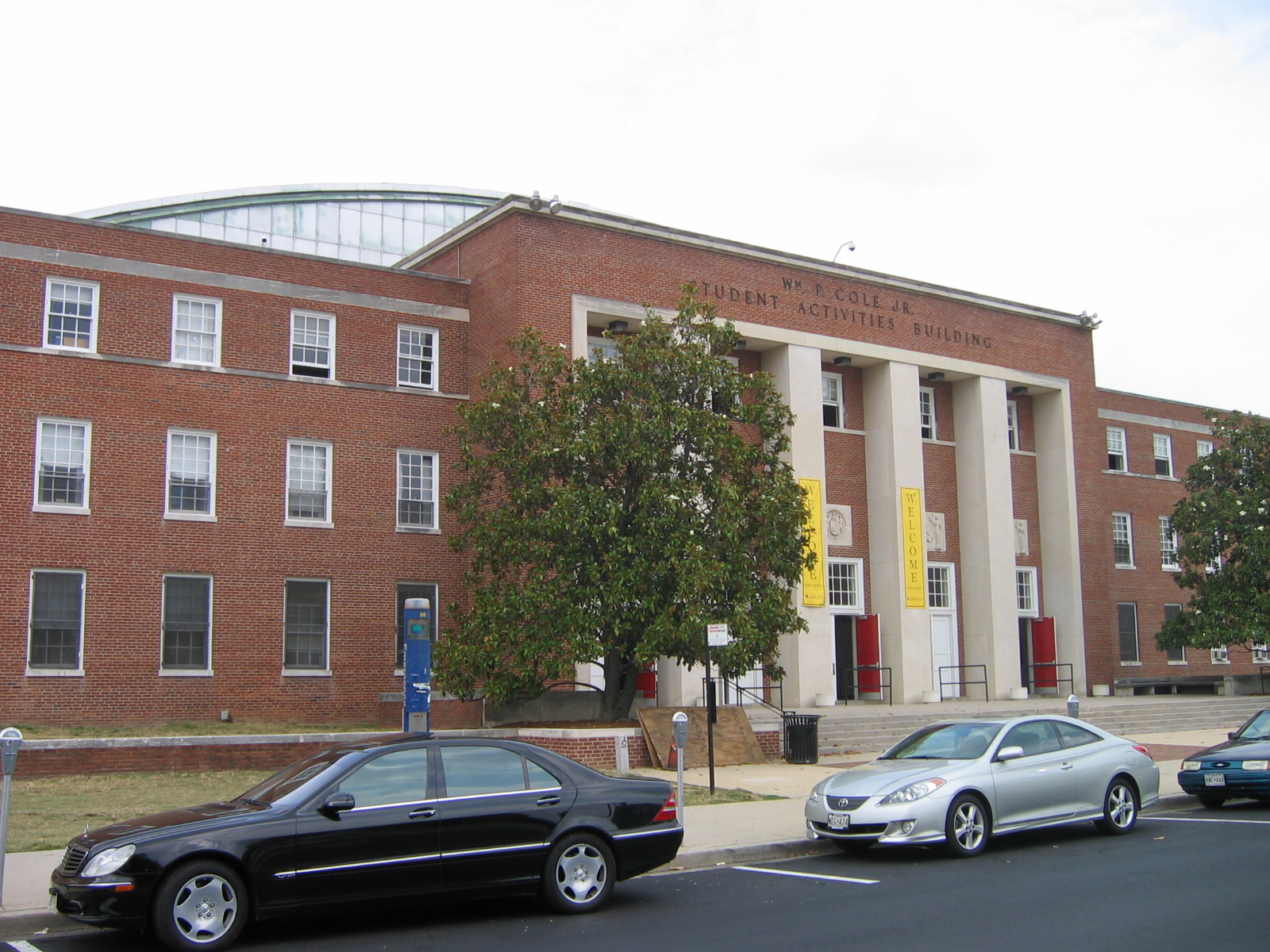“Out in the West Texas town of El Paso,” to boldly borrow from Marty Robbins’ song “El Paso,” there seemed to be more tumbleweeds than traffic lights when a brash, confident basketball player stepped onto a campus rich in beautiful Bhutanese architecture to begin life as a student at the Texas Western College of the University of Texas. That young man, now 72, was David “Big Daddy” Lattin.
Little did Lattin know in 1965 that he would be a part of something special; something historic; a lasting legacy as pivotal in the fabric of the civil rights movement as Rosa Parks sitting in the white section of a bus on Dec. 1, 1955, in Montgomery, Alabama.
Lattin was part of a Texas Western team that would toil in virtual anonymity during the early stage of the 1965-66 season under the tutelage of their coach Don Haskins, a former high school coach who took a pay cut to coach on the college level in that dusty West Texas town. Haskins would coach the Miners from 1961 to 1999, compiling a record of 719-353 for a winning percentage of .671 — one of the winningest coaches in the NCAA. He earned a spot in the Naismith Memorial Basketball Hall of Fame in 1997, retired in 1999 and passed away in 2008 at age 78.
The Miners’ record reached 12-0 and No. 9 in the polls before they earned any national recognition. By the time the Miners were 23-0, they had risen to No. 2 in the nation, but the team of 12, containing seven black players, most of whom started on a regular basis, dealt with racial animosity on the road, and not just in the South. Confederate flags could be seen at many road games and racial epithets rained down on the players both on and off the court in some places. During the team’s final regular-season game on the road at Seattle, not a single foul was whistled against the host team as they dealt the Miners their first loss of the season, 74-72. Yet the Miners maintained their resolve and cohesive structure. Not to be deterred, they won their first NCAA tournament game.
The historic national championship game, played on March 19, 1966 — the year I was born — was hosted by the University of Maryland, my undergraduate alma mater. The all-white University of Kentucky team, coached by the legendary Adolph Rupp, took to the court in Cole Field House, where I watched so many games as a Maryland student, as the favorite. Texas Western, to be renamed the University of Texas at El Paso in 1967 — where I attended graduate school — took the court with an all-black starting lineup, an NCAA championship first. (Not until 1969 would a black player suit up for Kentucky.)
Haskins informed his team he would only be employing his black players that night — the five who would start — Lattin, Orsten Artis, Harry Flournoy, Bobby Joe Hill and Willie Worsley, as well as two off the bench: Willie Cager and Nevil Shed. No doubt the white players were disappointed they would not see action in the championship game, but they each played a vital role, as basketball is a team game.
The Kentucky team featured well-known names such as Pat Riley and Louie Dampier, both of whom played professional basketball — Riley in the NBA and Dampier in both the ABA and the NBA.
The Miners were led by Bobby Joe Hill, who scored a team-high 20 points against Kentucky. Lattin was not far behind with his 16 points, and Artis contributed 15. The two Willies, Cager and Worsley, scored eight points apiece, while Shed and Flournoy added three and two, respectively, to provide the 72-point total for the Miners. Those 72 points held up as Kentucky fell short with 65, earning not only the lone NCAA men’s basketball championship in Texas Western, now UTEP, history, but the only NCAA men’s basketball championship in the state of Texas. The story of the 1965-66 Miners is depicted, with some liberties, in a book and film both titled Glory Road.
Fifty years ago the Texas Western Miners were champions of the NCAA. On Saturday, the grandson of David “Big Daddy” Lattin, Houston native Khadeem Lattin, took to the court for the University of Oklahoma in the Final Four at NRG Stadium in Houston, where his color went unnoticed. The younger Lattin, a sophomore public relations major, has started all of the Sooners’ games this season, averaging 5.6 points and 5.3 rebounds in 22 minutes per game. During the tournament, Lattin averaged 6.4 points in 20.4 minutes of playing time per game.
Five black starters may have laced up their sneakers for any number of teams, and it would have been just another day, another game, for thousands donning uniforms on campuses across the United States. In a national climate with more racial strife than we should accept, young men and young women took to the fields of competition in many arenas working as the cohesive units teams should. David Lattin helped pave a path that has made life easier for his grandson Khadeem, and regardless of the score on the court, everyone emerged as winners.
Sanford Horn, a 1988 alumnus, is a writer and educator. He can be reached at sanford.horn@gmail.com.



